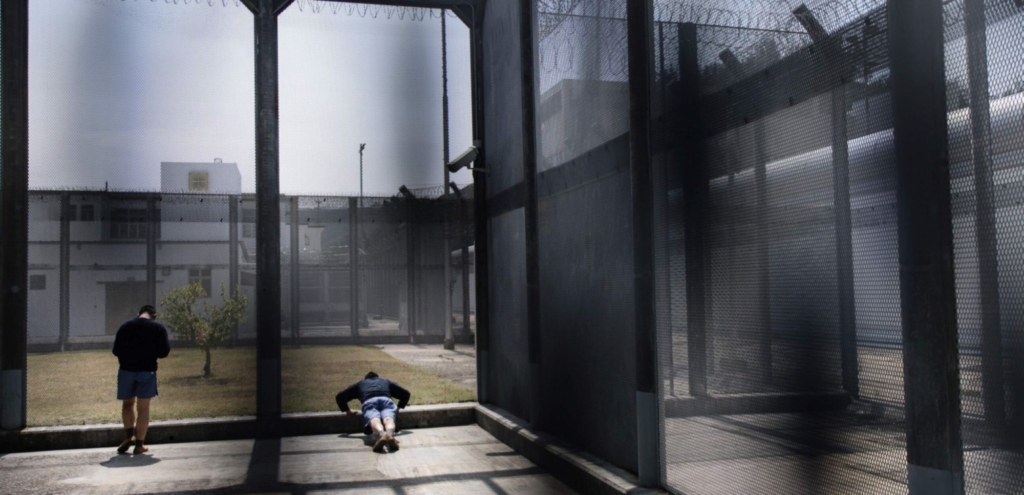New information released last week concerning police investigations into allegations of sexual violence and other abuses of Indigenous women and men in northern Quebec highlights the urgent need to ensure better police accountability, particularly for individuals and communities who have experienced a history of severe human rights violations in Canada.
“Indigenous women and girls are rightly questioning whether they can trust police and government to take allegations of sexual assault and other abuses seriously,” said Beatrice Vaugrante, Directrice générale of the Francophone Branch of Amnesty International Canada. “We know that a swift and thorough investigation is the most likely way to meet the burden of proof in the prosecution of sexual assaults. Unfortunately, mistrust of authorities, fear of repercussions and gender discrimination means that assaults either generally go unreported, especially if the alleged perpetrators are police, or go reported but with obstacles to accessing justice. These concerns are magnified for Indigenous women and girls who have experienced so much racism and discrimination in Canadian society.”
Amnesty International takes very seriously the concern expressed in a statement by some of the women complainants in Val d’Or, Quebec who said: “We feel betrayed, humiliated and our heart is broken in pieces. It is as if in this country’s justice system, we were not important, we were left behind and we have not been heard. And above all, that fear will continue to haunt us.”
Alex Neve, Secretary-General of Amnesty International Canada English said, “We have long stood with Indigenous peoples’ organizations in calling for independent, civilian investigations of all allegations of serious wrongdoing by police. We also believe that all governments in Canada need to make a concerted effort to examine issues of systemic bias within their police services. These measures are essential to earn the trust of Indigenous individuals and communities—especially given the long history of human rights violations they have experienced at the hands of state authorities—and ensure that police cannot violate their rights with impunity.”
The Quebec public prosecutor’s office announced on Friday that charges have been laid against two former provincial police officers for sexual assaults and other egregious abuses alleged to have taken place in northern Quebec in the 1980s and 1990s. The public prosecutor’s office also announced that no charges would be laid in 35 other cases of alleged police abuses, which included sexual violence, because it was not possible to conclusively identify the accused officers or because there was not sufficient evidence to meet the burden of proof required to bring these cases to trial.
The cases, all of which are alleged to have involved officers from the provincial police service, were assigned to the separate Montreal police service for investigation. An independent civilian expert was appointed to review the police investigation. The public prosecutor’s office also took the unusual step of publicly reporting its reasons not to lay charges.
While these are significant measures, they fall short of a fully independent investigation by a civilian oversight body. Furthermore, even these partial measures were not the province’s first response to these serious allegations. The police investigation began only after the allegations against police were made public in high profile media reporting and after outcry from Indigenous peoples’ organizations. Initially, the allegations were to be investigated by the very provincial police service subject to the allegations.
The government of Quebec has established an independent civilian body to investigate allegations of police violence, including sexual assault, but it was not operational when the investigation into allegations in northern Quebec commenced a year ago. On Friday, the United Nations Committee on the Elimination of Discrimination Against Women (CEDAW), which had carried out a periodic review of Canada’s compliance with its obligations in respect to women’s rights last month, called for measures to “increase reporting by women of incidents of violence” including capacity-building and cultural training for judges, prosecutors, police officers and other law enforcement officials.
“The bravery that Indigenous women in Quebec have shown by coming forward with these serious allegations highlights the need for robust examination of systemic bias within policing,” said Beatrice Vaugrante. “Amnesty International stands with Indigenous peoples in Quebec in calling for a specific inquiry into policing in that province. We are also continuing to call on the federal, provincial and territorial governments to ensure that the National Inquiry in Missing and Murdered Indigenous Women and Girls is able to examine issues of police behavior and accountability with real depth and rigour.”
Media Contact
Cory Ruf
Media Relations
416-363-9933 x344
media@amnesty.ca





















